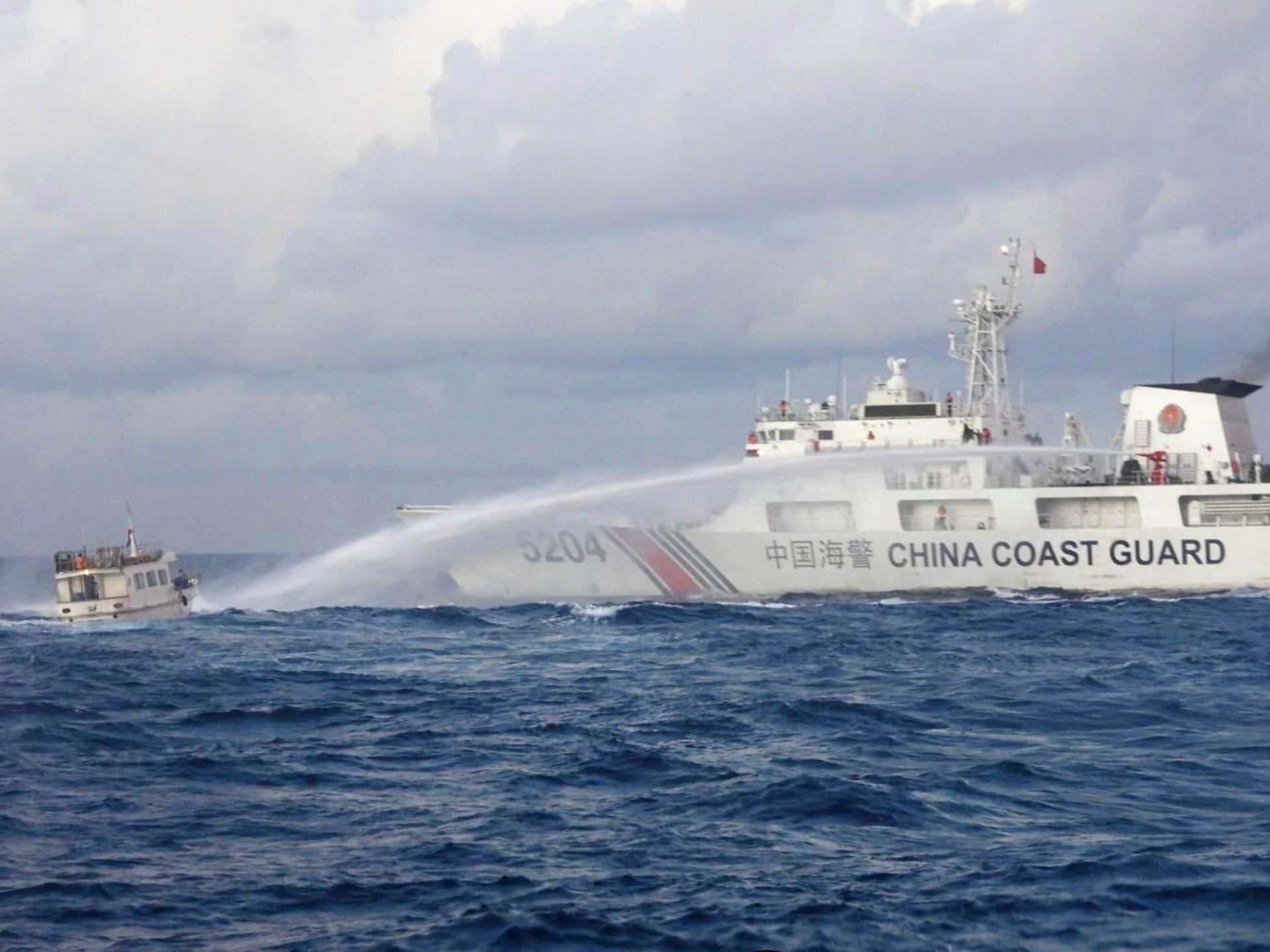The danger of ‘pro-EU’ Euroscepticism in the Western Balkans | European Union
Over the past few years, attitudes towards accession to the European Union in Western Balkan candidate states have been increasingly negative. In countries like Serbia, the desire to join the union has slumped to 40 percent from 57 percent in 2014; in North Macedonia – to 68 percent from 84 percent in 2012.
While frustration over the slow pace of the process and various challenges along the way may be one of the main drivers of this trend, there is another, largely overlooked one: parts of the civil society in these countries, which largely identifies as pro-EU, have started to espouse what really are anti-EU stances.
Indeed, there has been an inexplicable alignment of views between proponents of democracy and European values and their ideological opponents – those who support the authoritarian tendencies of Serbia’s Aleksandar Vučić, North Macedonia’s Hristijan Mickovski and Albania’s Edi Rama.
This has taken place gradually and through the promotion of seemingly neutral ideas, such as regional projects of EU-like integration, the need for stability and respect for national sovereignty, and criticism of anti-democratic forces within the EU.
Over the past decade, various ideas about how to approach regional integration have circulated among civil society actors in the Western Balkans. While there is nothing wrong with proposing and endorsing such initiatives, some of them have been pushed as a priority over EU accession. Some have argued that regional integration needs to take place first to “prepare” Western Balkan membership candidates to join the Union.
The problem with this argument is that regional integration becomes a justification for indefinitely delaying serious action on EU accession. A case in point is the “Open Balkan” initiative launched in 2019 and championed by Vučić and Rama. Its declared aim was the economic integration of Serbia, Albania and North Macedonia, through increased trade, mobility of citizens, improved access to labour markets, and others.
Despite the hefty goals of “Open Balkans” and inspirational declarations made by the leaders involved, little progress has been made on its implementation. While some civil society actors have criticised the initiative, others have continued to push the regional integration mantra, failing to see the danger it poses to delaying indefinitely EU accession and promoting Eurosceptism among the general population.
Another idea that has crept into civil society in the Western Balkans is that the EU accession has led to internal divisions and instability and has infringed on the national sovereignty of candidate countries. This idea has been especially popular in North Macedonia where the negotiating framework for accession has been perceived to hurt the national interest due to special conditions imposed by Bulgaria, regarding the Bulgarian minority in the country.
This has led some public supporters of EU membership to call for “pausing” the accession process until national cohesion and stability are regained. Like regional integration, promoting the idea that candidate countries need to “fix themselves” first implies that EU accession will be postponed indefinitely and may not be pursued at all.
Finally, there has been the assertion that EU accession is driven by or empowers anti-democratic forces. This may appear confusing to some, so let me illustrate. At a 2023 event held in Skopje which I attended, a think tank researcher presented a study which emphasised that autocrats like Hungary’s Viktor Orbán want Western Balkan countries to join the EU. The takeaway from this presentation was that since bogeyman Orbán wants us in – irrespective of the fact that someone like Germany’s Olaf Scholz wants us in too – we should be careful about pursuing EU membership.
Others have argued in papers and at conferences I have attended that aspects of the EU enlargement process itself encourages autocratic and anti-democratic tendencies. The implication is that accession should be delayed indefinitely supposedly in the name of democracy: “not to reward autocrats like Vučić”.
There has also been vocal criticism of the EU: that it is “undemocratic” and “unprincipled” in its treatment of candidates. My most recent media monitoring study of the region of Western Balkans shows that this discourse coincides almost perfectly with the pro-Kremlin narratives on the question of EU enlargement in the region.
This Euroscepticism creeping through the civil society in the Western Balkans may be wrapped up in “pro-democracy” rhetoric but it is essentially the same as the one espoused by leaders with autocratic tendencies in Serbia, North Macedonia and Albania.
The EU is not a perfect organisation and there are legitimate concerns and reasons for criticism of its track record. However, by espousing Eurosceptic rhetoric, calling for a “pause” in accession efforts, and spreading mistrust within the general public towards the EU, self-declared EU-philes are helping forces that would like to see the Western Balkan enlargement sabotaged.
We must be realistic about the current geopolitical environment. The idea of absolute sovereignty – which excludes geopolitical alignment with the major regional powers – is a political unicorn. The idea of nonalignment collapsed with the dissolution of Yugoslavia, and its resurrection in the present circumstances is unlikely.
Countries like North Macedonia, Montenegro, Bosnia and Herzegovina, Serbia and Albania face a geopolitical choice. The EU may have its problems, but with its structures and organisation, it offers geopolitical stability – something that alignment with Russia and China does not. This has become even clearer after the full-scale Russian invasion of Ukraine.
Going down the Eurosceptic path at this time is dangerous. Pulling out of the accession process would set a precedent that would be destabilising to the regional and continental geopolitical equilibrium. No wonder Turkey is still at least formally an EU candidate country. Civil society actors would do well to consider the dangers of spreading “alternatives” to EU accession and undermining the public’s belief that this is the right path.
The views expressed in this article are the author’s own and do not necessarily reflect Al Jazeera’s editorial stance.
Check out our Latest News and Follow us at Facebook
Original Source







